Michael Shermer - Conspiracy: Why the Rational Believe the Irrational
Here you can read online Michael Shermer - Conspiracy: Why the Rational Believe the Irrational full text of the book (entire story) in english for free. Download pdf and epub, get meaning, cover and reviews about this ebook. City: Baltimore, year: 2022, publisher: Johns Hopkins University Press, genre: Science. Description of the work, (preface) as well as reviews are available. Best literature library LitArk.com created for fans of good reading and offers a wide selection of genres:
Romance novel
Science fiction
Adventure
Detective
Science
History
Home and family
Prose
Art
Politics
Computer
Non-fiction
Religion
Business
Children
Humor
Choose a favorite category and find really read worthwhile books. Enjoy immersion in the world of imagination, feel the emotions of the characters or learn something new for yourself, make an fascinating discovery.

- Book:Conspiracy: Why the Rational Believe the Irrational
- Author:
- Publisher:Johns Hopkins University Press
- Genre:
- Year:2022
- City:Baltimore
- Rating:4 / 5
- Favourites:Add to favourites
- Your mark:
Conspiracy: Why the Rational Believe the Irrational: summary, description and annotation
We offer to read an annotation, description, summary or preface (depends on what the author of the book "Conspiracy: Why the Rational Believe the Irrational" wrote himself). If you haven't found the necessary information about the book — write in the comments, we will try to find it.
Best-selling author Michael Shermer presents an overarching theory of conspiracy theorieswho believes them and why, which ones are real, and what we should do about them.
Nothing happens by accident, everything is connected, and there are no coincidences: that is the essence of conspiratorial thinking. Long a fringe part of the American political landscape, conspiracy theories are now mainstream: 147 members of Congress voted in favor of objections to the 2020 presidential election based on an unproven theory about a rigged electoral process promoted by the mysterious group QAnon. But this is only the latest example in a long history of ideas that include the satanic panics of the 1980s, the New World Order and Vatican conspiracy theories, fears about fluoridated water, speculations about President John F. Kennedys assassination, and the notions that the Sandy Hook massacre was a false-flag operation and 9/11 was an inside job.
In Conspiracy, Michael Shermer presents an overarching review of conspiracy theorieswho believes them and why, which ones are real, and what we should do about them. Trust in conspiracy theories, he writes, cuts across gender, age, race, income, education level, occupational statusand even political affiliation. One reason that people believe these conspiracies, Shermer argues, is that enough of them are real that we should be constructively conspiratorial: elections have been rigged (LBJs 1948 Senate race); medical professionals have intentionally harmed patients in their care (Tuskegee); your government does lie to you (Watergate, Iran-Contra, and Afghanistan); and, tragically, some adults do conspire to sexually abuse children. But Shermer reveals that other factors are also in play: anxiety and a sense of loss of control play a role in conspiratorial cognition patterns, as do certain personality traits.
This engaging book will be an important read for anyone concerned about the future direction of American politics, as well as anyone whos watched friends or family fall into patterns of conspiratorial thinking.
Michael Shermer: author's other books
Who wrote Conspiracy: Why the Rational Believe the Irrational? Find out the surname, the name of the author of the book and a list of all author's works by series.

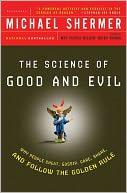
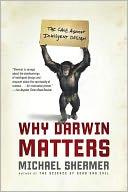
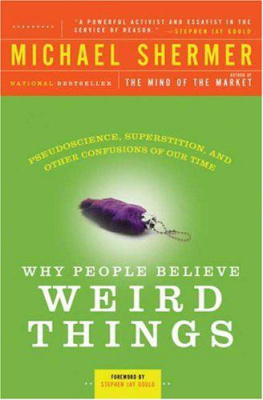

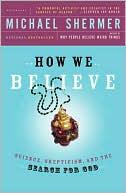



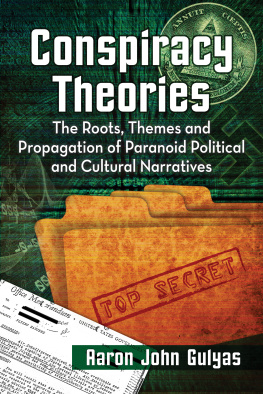

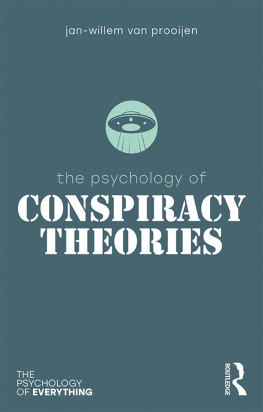

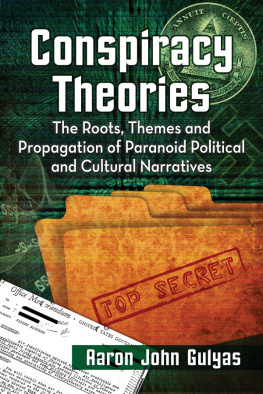
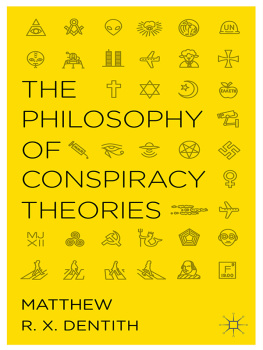
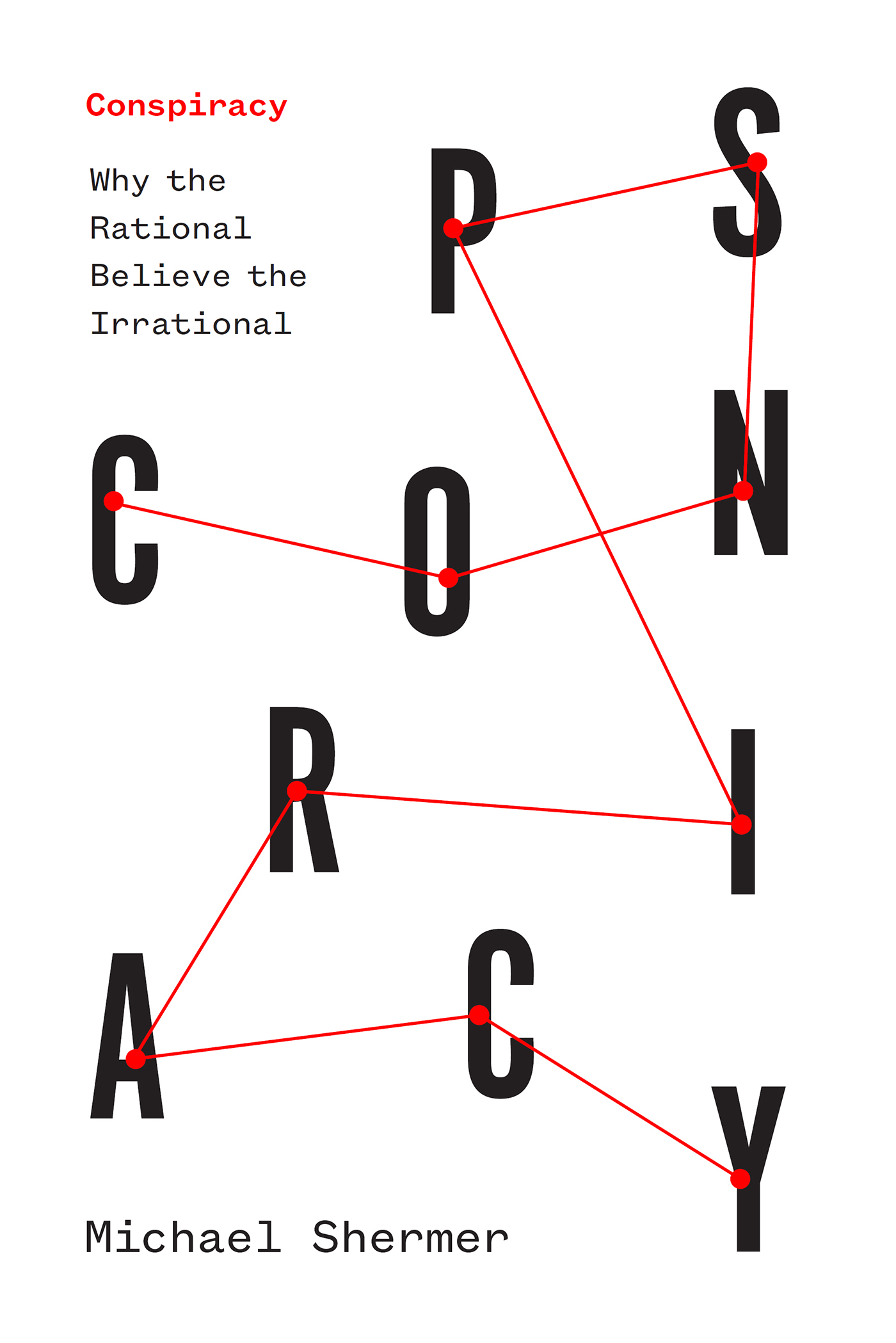

 Johns Hopkins University Press | BALTIMOR
Johns Hopkins University Press | BALTIMOR